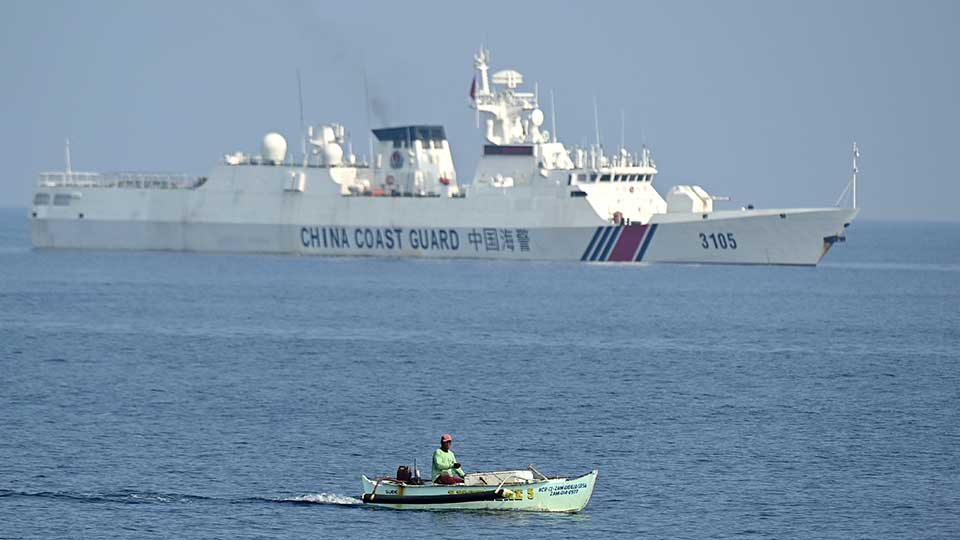At the maritime symposium this week in Hainan, China’s foreign minister Wang Yi warned against a “bloc confrontation” approach to solving disputes, alluding to the Philippines, the United States, and Japan’s growing complaints about the brewing tension in the South China Sea. On October 22, two Chinese ships collided with two Philippine vessels near the Second Thomas Shoal in the disputed territory.
“Historical maritime disputes should be resolved through friendly consultation between direct parties, and maritime camp confrontations and zero-sum games should be resisted,” Wang told the symposium attendants, as reported by The Jakarta Post.
The Philippines has declared that China’s maneuvers are increasingly “dangerous” and “provocative”. But other Southeast Asian countries, including those who also have claims on the territory, seem to be pretty quiet on the matter.
This may seem odd to outsiders, but upon a closer look, it is perhaps on brand for the region’s diplomacy style. The question is, what would make Southeast Asia consider another approach?
In September, at the beginning of the heightening crisis, member countries managed to refrain from openly discussing the South China Sea issue at the ASEAN Summit. The summit opted instead to focus on attracting investments.
That same month, however, the ten ASEAN countries conducted their first-ever joint military drills, which some saw as an attempt to boost their image and fend off disappointments for its perceived failure in the South China Sea.
If there are any talks, they often happen privately and behind closed doors. Two regional diplomats told the AP that there was a round of negotiations earlier this month by China and ASEAN to forge a “code of conduct” to prevent a larger armed conflict in the area.
Some claimant countries, like Brunei, consistently prefer to avoid strong statements — if any at all — while silently resisting China’s attempts to woo it with a joint development agreement. Vietnam and Malaysia can be more vocal, with both denouncing a map published by China’s government in September, which depicted the country’s expansive claims in the South China Sea.
Even then, tones can change. A few weeks after, Malaysian Prime Minister Anwar Ibrahim said that he had received an explanation from China regarding the map and that he found the explanation “reassuring”. He then went on to call for nations in the region to resolve maritime issues among themselves.
Founder of Jakarta-based think-tank Synergy Policies Dinna Praptio Raharja has called ASEAN’s lack of strong and united response on the South China Sea “concerning”. She believed that ASEAN’s position as a “mediator” between claimant and non-claimant states has proven futile.
“China is actually taking advantage of divided ASEAN for its own interests,” Dinna had told CGSP then.
Source : ChinaGlobalSouthProject


